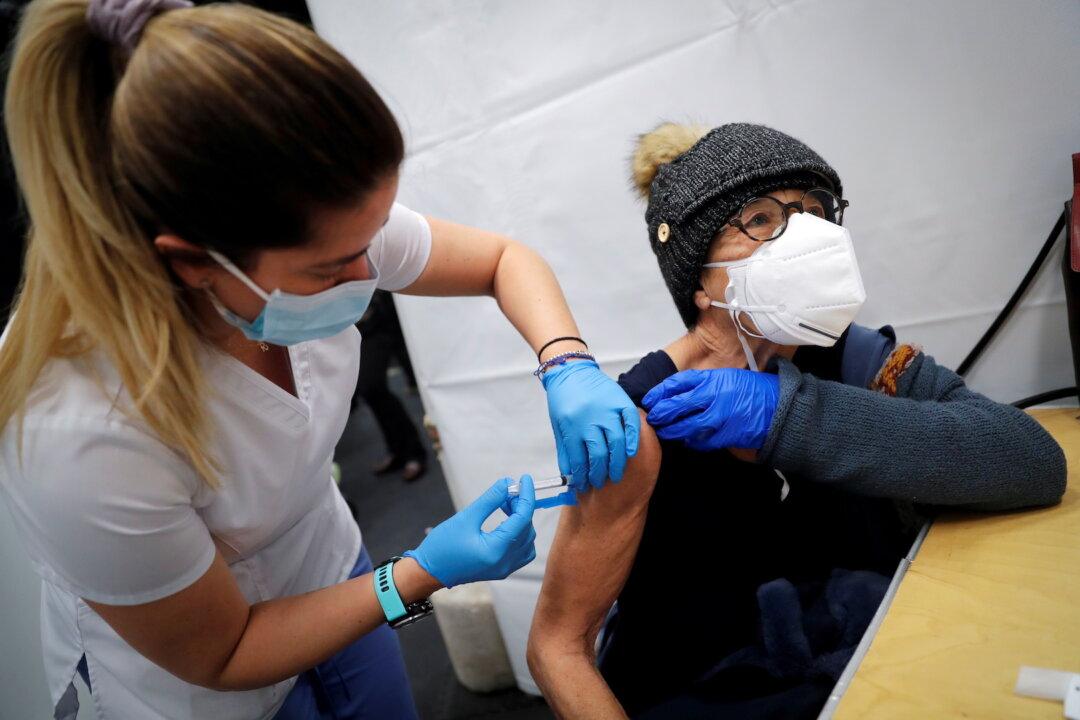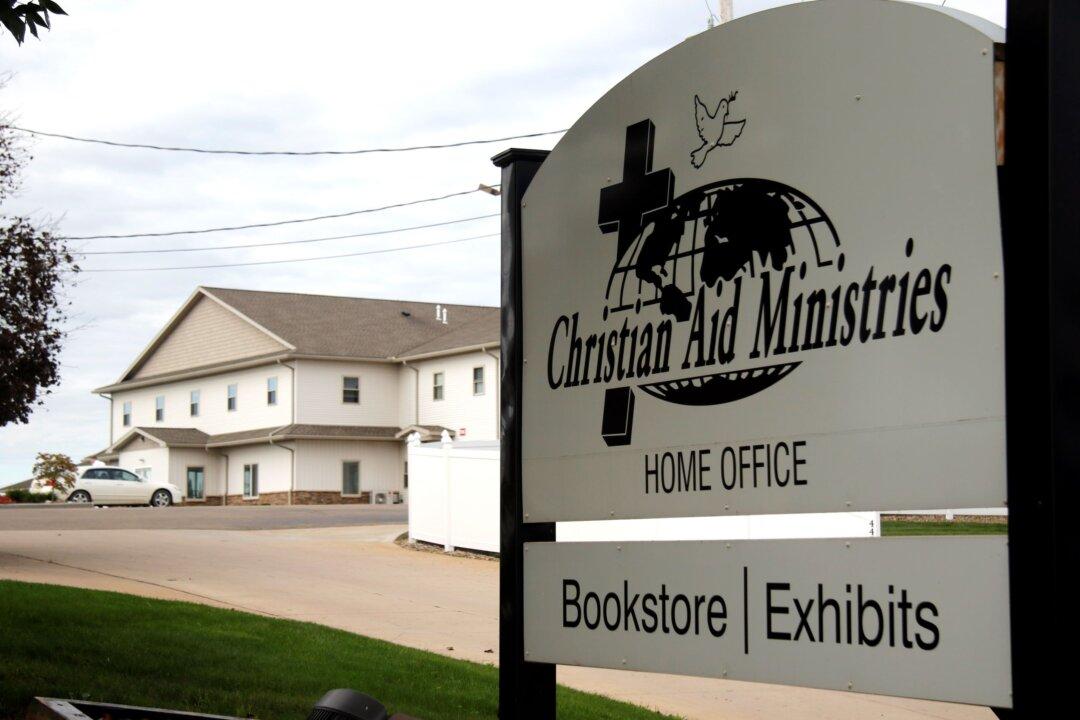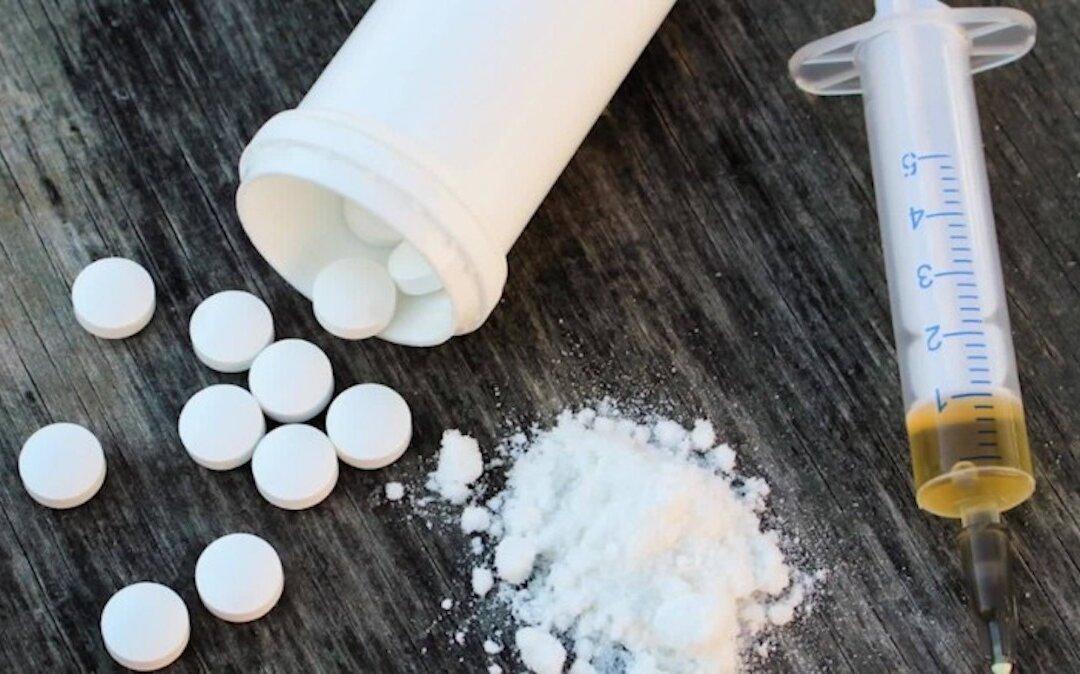More Americans are now receiving a booster shot to protect against COVID-19 than are getting their first vaccination shot, according to the latest information from the Centers for Disease Control and Prevention (CDC).
The most recent week’s data that ended Tuesday shows approximately 340,000 people receiving a booster shot daily. In contrast, just more than 157,000 received their first vaccination shot last week.





